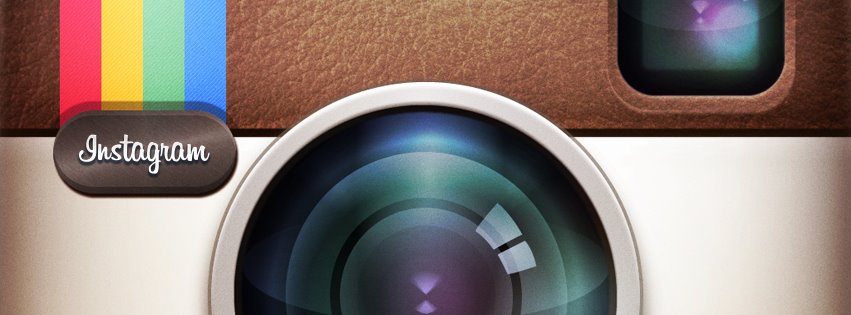
PYONGYANG, North Korea – Warnings are appearing on Instagram accounts in North Korea that say access to the popular photo-sharing app is being denied and that the site is blacklisted for harmful content.
Opening the app with mobile devices on the North Korean carrier Koryolink has resulted in a notification in English saying: “Warning! You can’t connect to this website because it’s in blacklist site.” A similar notice in Korean says the site contains harmful content, though that is not mentioned in the English version.
Such warnings have also appeared when websites that link to Instagram are accessed through desktops or laptops using LAN cables on the North Korean Internet provider. The warnings have been appearing on and off for at least five days.
The Internet and any kind of social media remain off-limits to virtually all North Koreans, but North Korea decided in 2013 to allow foreigners in the country to use 3G on their mobile phones, which generally require a local SIM card to get onto the Koryolink mobile carrier network.
That opened the door for them to surf the Internet and post to social media such as Facebook, Twitter and Instagram. More recently, even live-streaming video had been posted using the new Twitter app Periscope.
Photos from North Korea on Instagram posted by foreigners – though regular users are very few in number – provide a rare window on daily life in North Korea. But they have also posed a quandary for North Korean officials who are highly concerned about the flow of information and images in and out of the country.
Tech support staff at Koryolink said they were not aware of any changes in policy regarding Instagram. There has been no notice from the government or from the mobile phone service to its customers that Instagram has been blacklisted. Instagram officials had no comment when contacted by The Associated Press. Instagram is owned by Facebook, which is functioning normally in Pyongyang.
It was still possible to use the app, despite the warnings, on some mobile devices. But attempts on others to post photos or view user galleries through the standard Koryolink connection have been virtually impossible, suggesting that some access was indeed being obstructed.
It was unclear where the blockage was originating, how widespread it was, whether it was a hack of some sort or if it had any connection to a fire on June 11 at a luxury hotel often used by tourists and foreign visitors in Pyongyang. Photos of the fire leaked out of the country and were carried widely by media around the world. But the fire has not yet been reported by the North’s state-run media.
Besides Facebook, Twitter and other social media sites were also functioning normally. Other websites were viewable as usual even on mobile phones on which Instagram was not functioning.
It is estimated that more than 2 million North Koreans now use mobile phones, but with few exceptions they are not allowed to access the Internet, meaning the mobile service is available primarily to foreign visitors, residents and businesspeople in the country.
Andrea Lee, CEO of Uri Tours, which organizes tours to North Korea, said she was not aware of a policy shift toward blocking Instagram.
“We have been using Instagram to post photos from our (North Korea) tours since Koryolink, the local provider, announced that 3G SIM cards would be available to foreigners for purchase,” she said. “While I’m unaware of this recent shift in policy toward blocking Instagram, I hope this will be a temporary policy as it’s been a great tool for our company to show prospective travelers what our tours are like and to get people motivated in traveling there.”
She added that the SIM cards are priced more for the long-term frequent traveler, and usually tourists who are in the country for just a few days opt not to purchase them. “But those who do possess the SIM card have near open access to the web, including social media sites like Facebook, Twitter, Google and many other sites that have historically been blocked in places like China.”